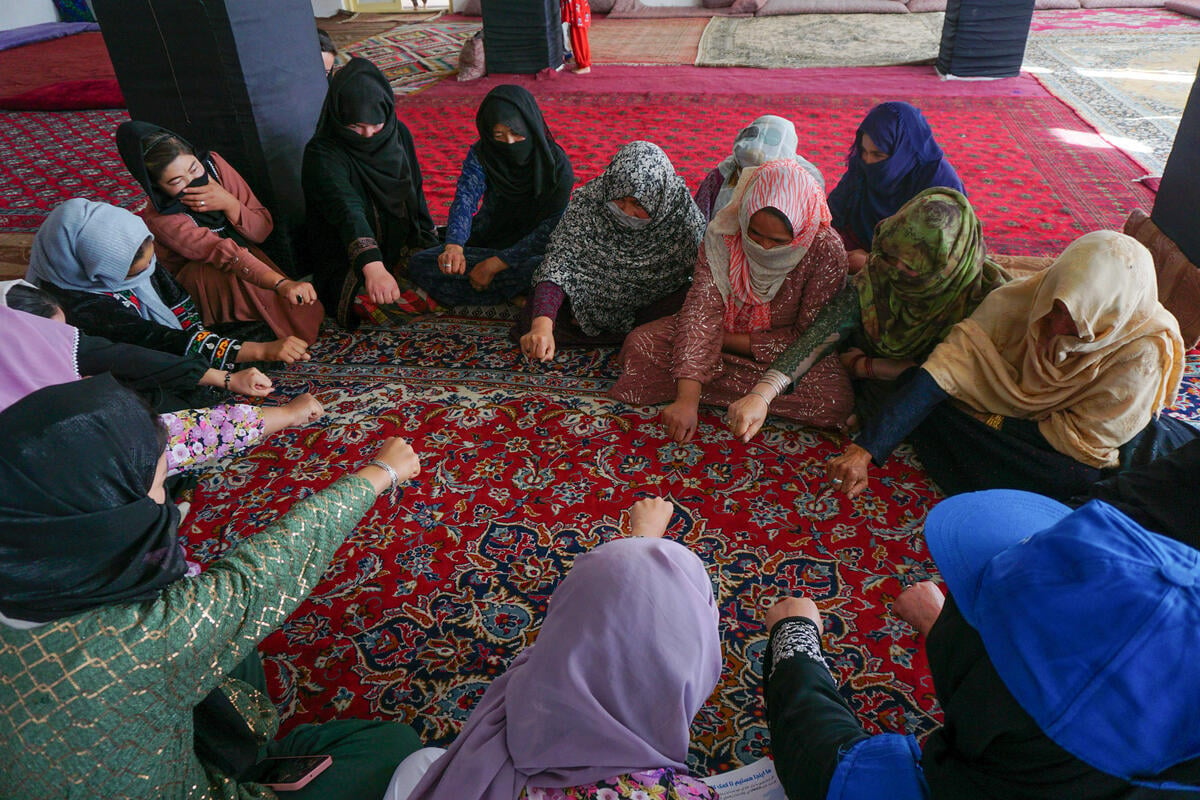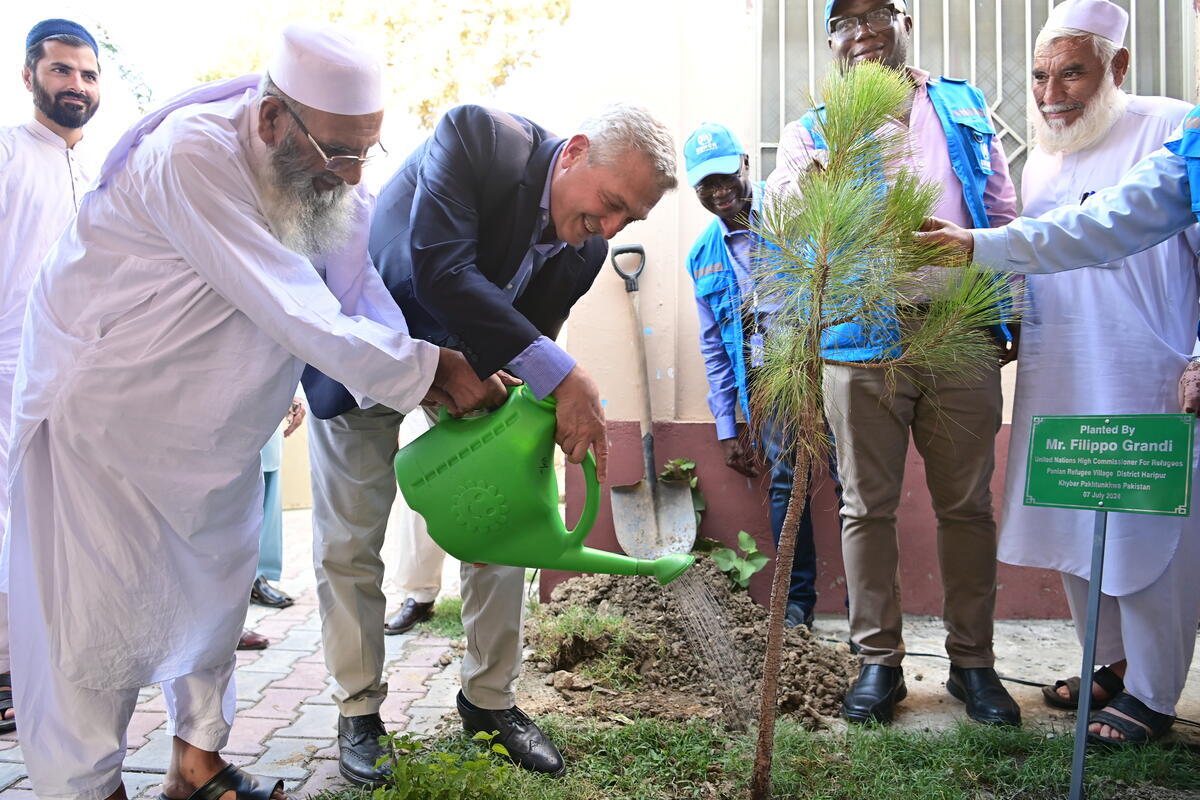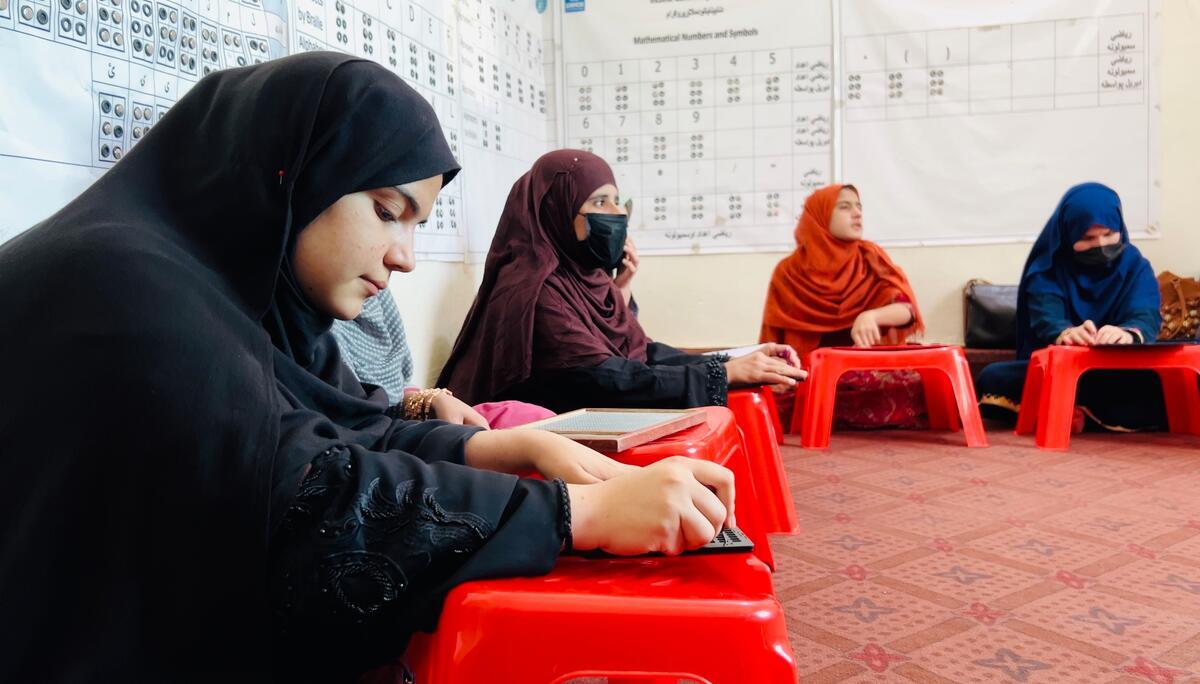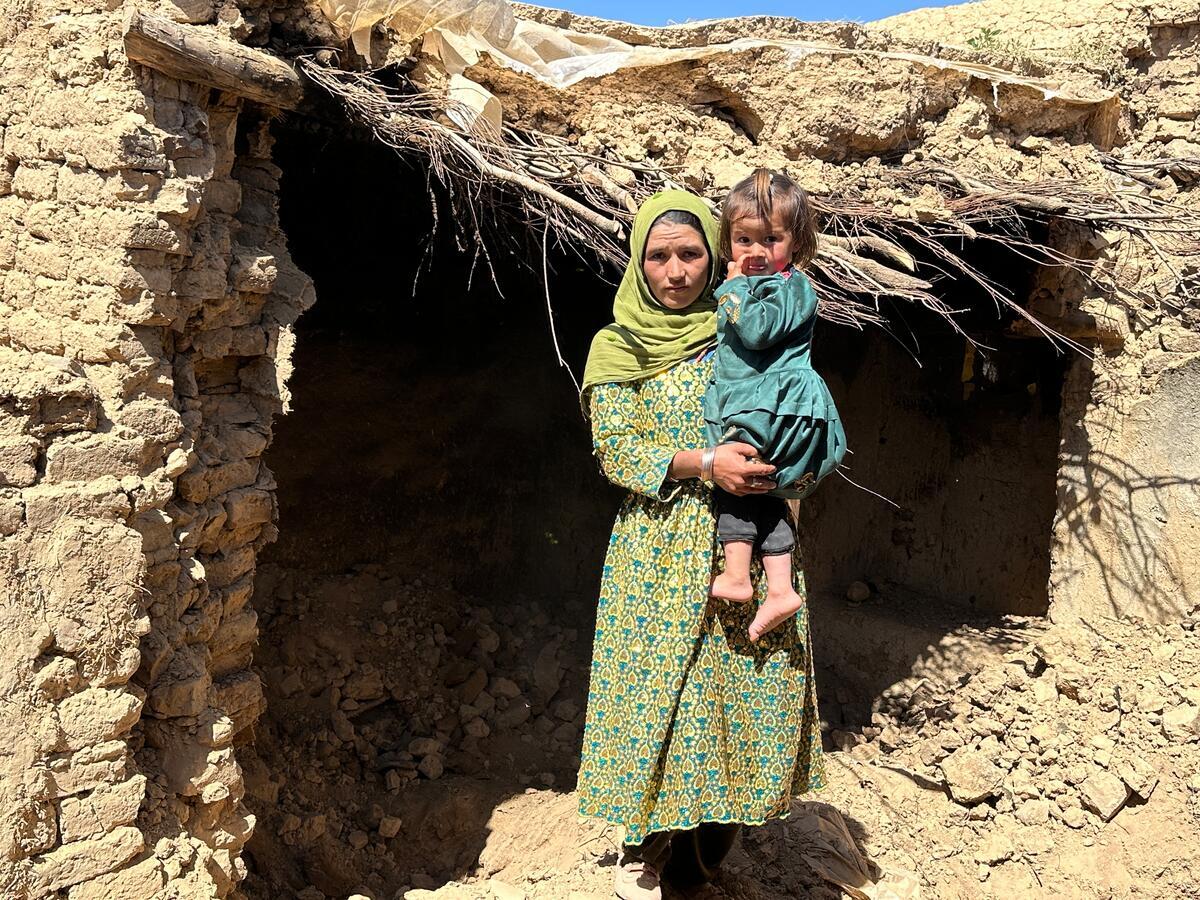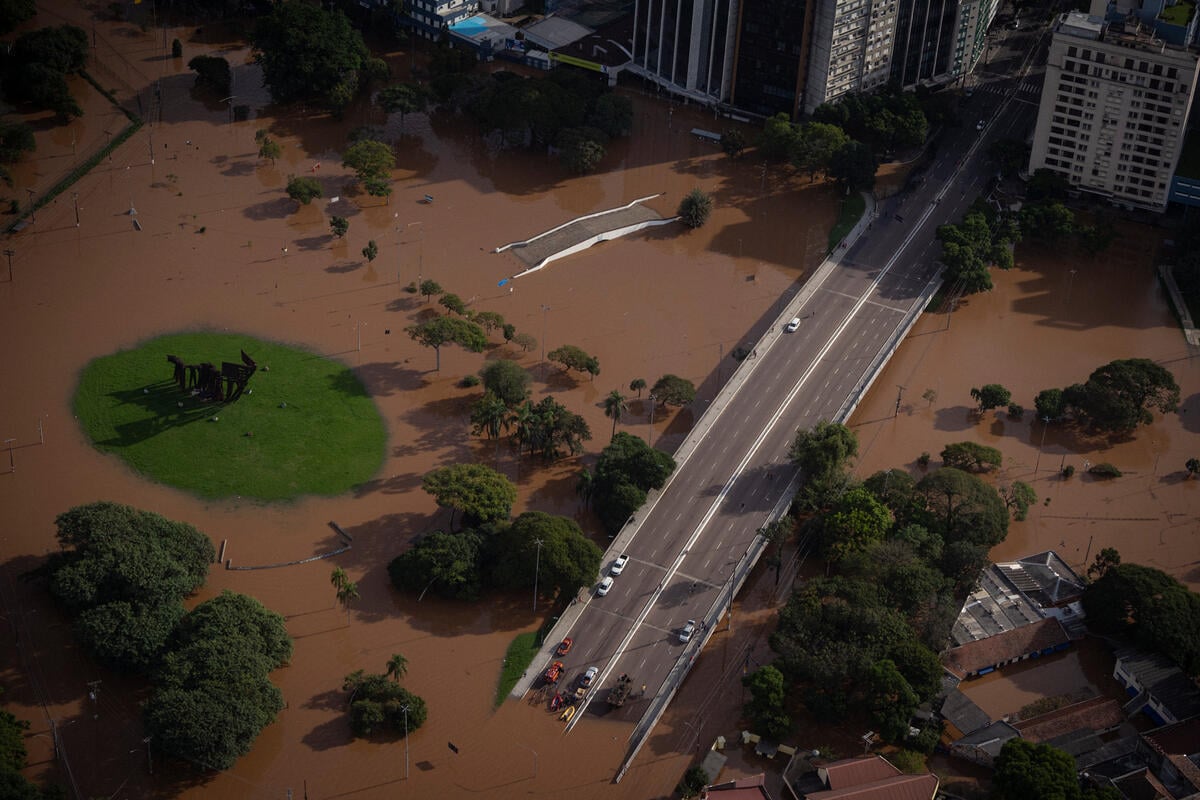Let Afghans themselves decide if they are ready to go home, says UNHCR
Let Afghans themselves decide if they are ready to go home, says UNHCR

GENEVA, July 26 (UNHCR) - Disagreeing with critics of its policy on voluntary return, the UN refugee agency on Friday said that all Afghans deserve a chance to decide for themselves whether or not to go home.
"All we are saying," said UNHCR's Director of International Protection, Erika Feller, "is that Afghans living outside the immediate region should be given the chance to go home if they want to. Obviously, we stress that their right to choose not to go home if they feel they might be in danger should still be respected. But at the same time, to deny them the right to return - in effect to say we know better than they do - is no longer justifiable."
Feller also said that a couple of non-governmental organisation critics - who have accused UNHCR of actively promoting return to an unsafe country because it advised governments to offer Afghans a generous repatriation package - are being "too absolutist".
"How else are Afghans in Germany or Canada or Italy supposed to get home?" she said. "Unless you offer them financial help, most of them simply cannot return because they cannot afford to. We are encouraging governments to offer them help, if they want to go home. We are not encouraging Afghans to go home if they don't want to. There's a big difference."
"We've never said that Afghanistan is an entirely safe place," said Pierre-François Pirlot, a senior UNHCR official running the headquarters end of the agency's $271-million Afghanistan programme. "In fact, we have frequently and publicly stated our concerns about violence and instability in specific areas. Nevertheless, the situation has improved considerably since the end of last year. It's a big country and conditions are very different in different parts of it. It's absurd to condemn the whole country as unsafe when 1.3 million people have already returned voluntarily from Iran and Pakistan since March 1."
In revised policy guidelines issued in July, UNHCR encouraged governments outside the immediate region to offer all Afghans - at whatever stage they happen to be in the asylum system, including recognised refugees - the option to return home. Simultaneously, the agency advised that Afghan asylum seekers whose applications have been on hold could now have their cases finalised.
Feller pointed out that the revised policies were accompanied by a detailed assessment of categories of Afghans whom the agency believes may still be at risk. "We identified at least seven categories of people who we think are likely to continue to face protection threats, despite the disappearance of the Taliban and establishment of a legitimate government. We have made it clear to governments that any Afghan making an asylum claim must still have that claim examined carefully."
UNHCR has 30 offices and field units spread across Afghanistan. It employs around 600 staff there, one of whose prime functions is to monitor any threats to returnees as well as to assist them in settling back into their homeland, in some cases after an absence of more than 20 years.


